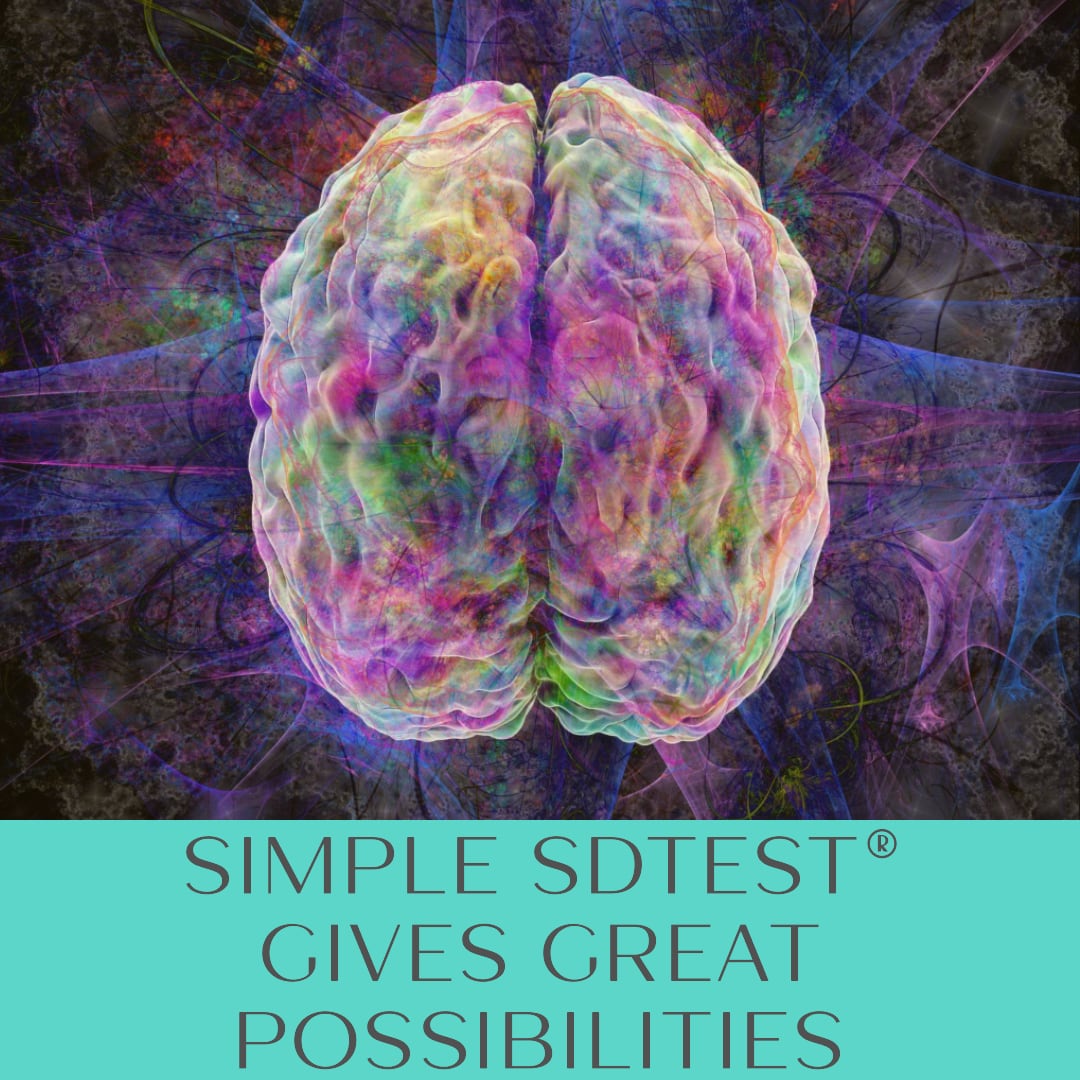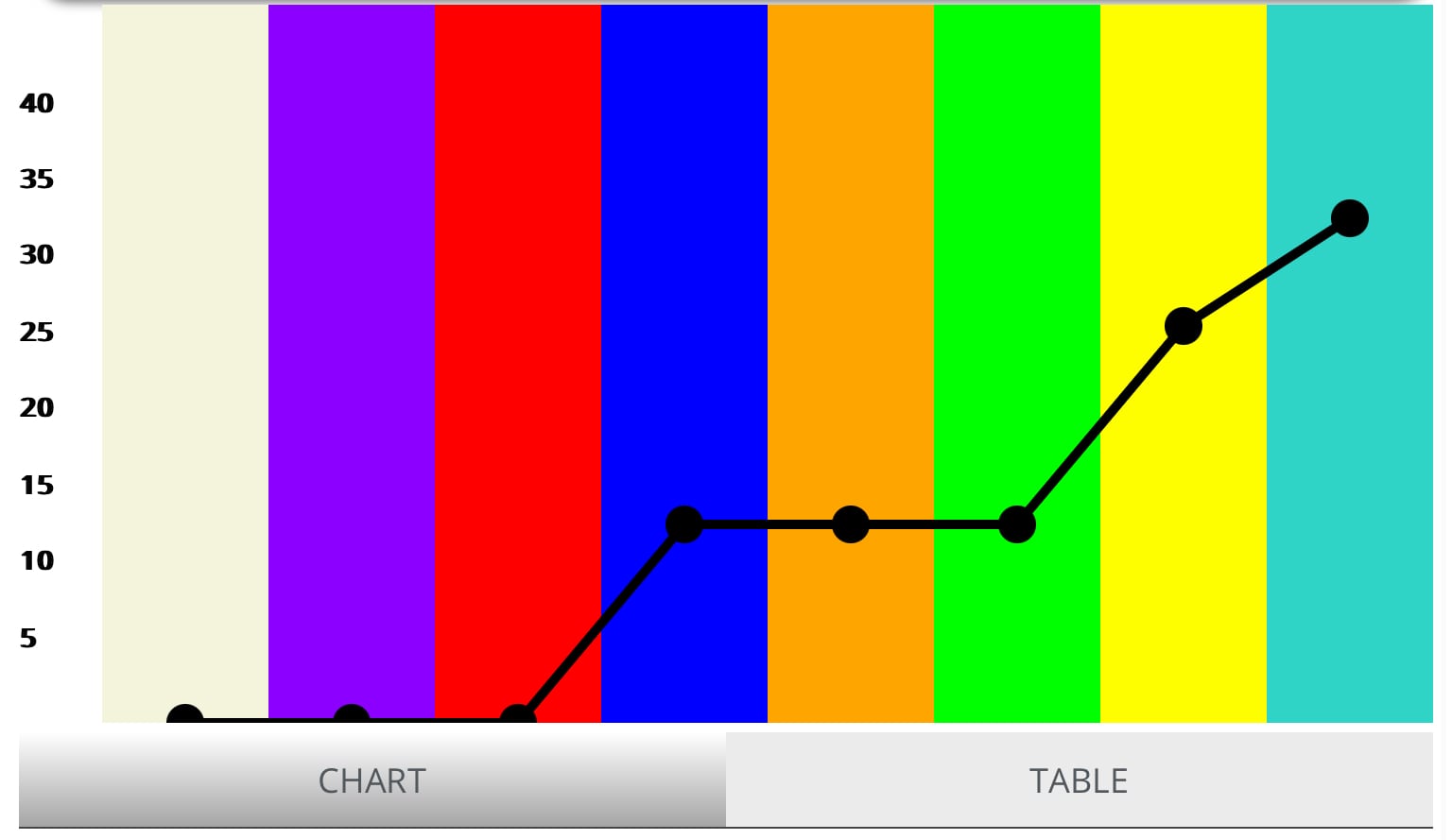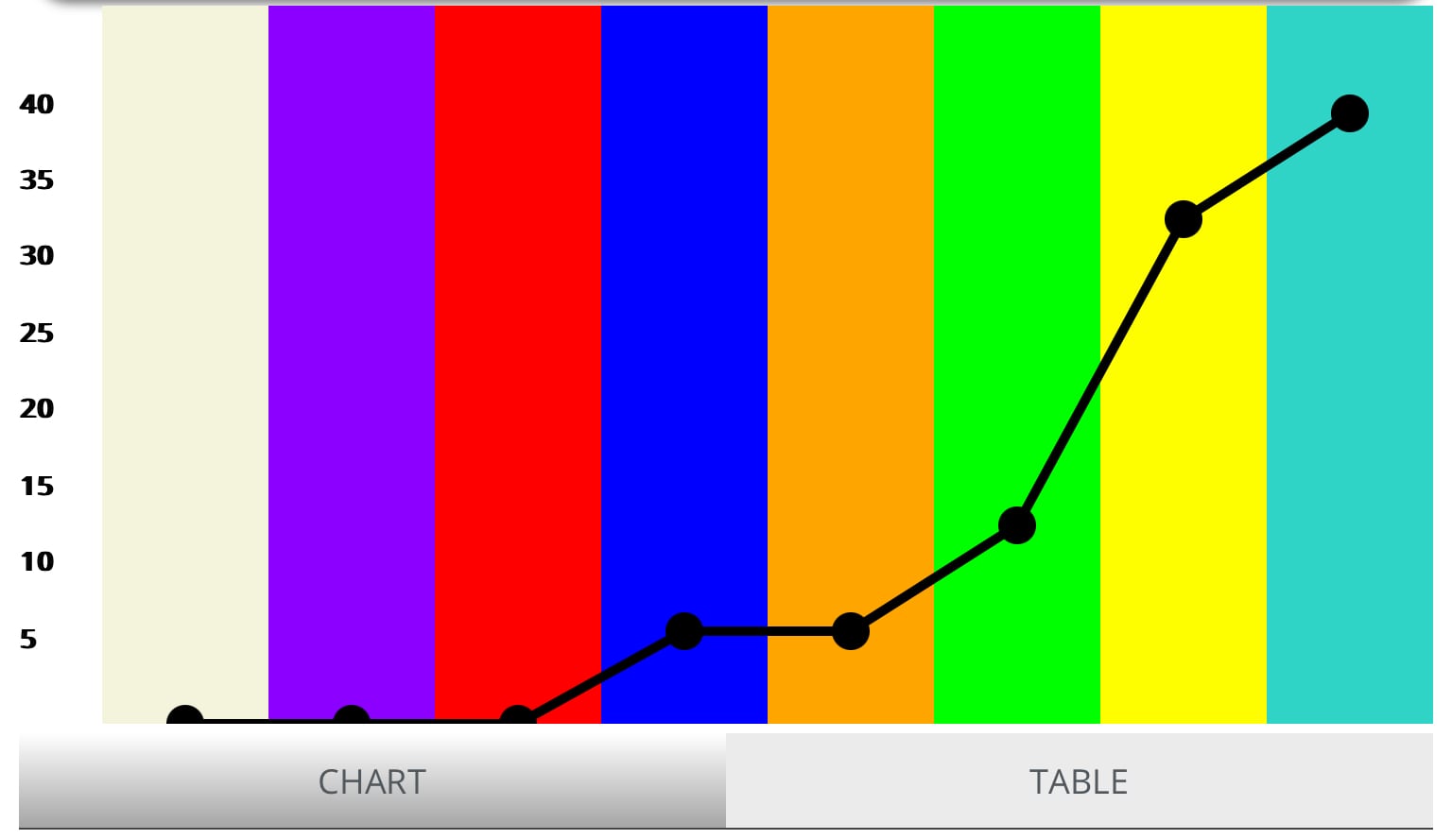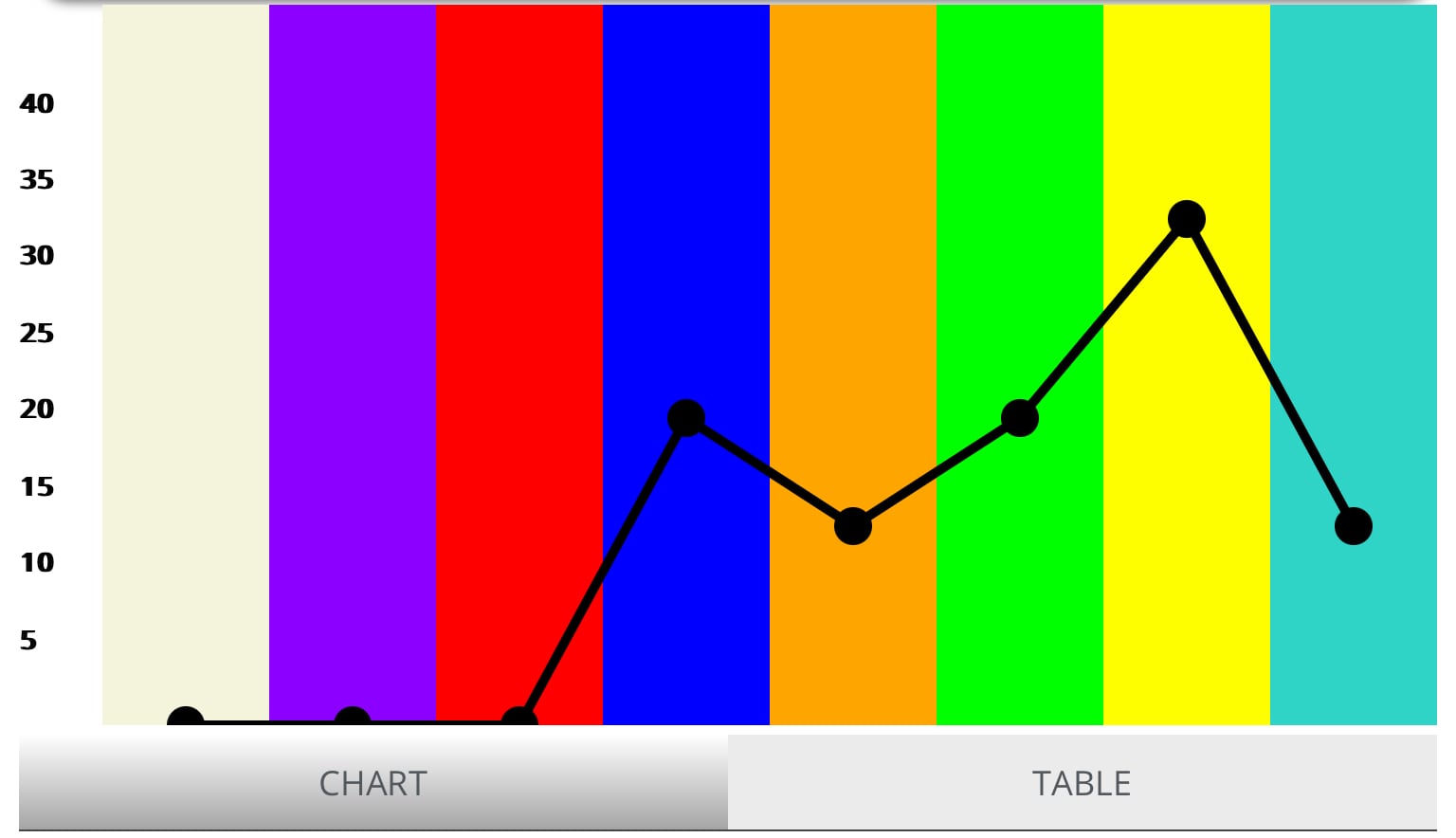
What's your favorite food - pizza or broccoli?
What's your favorite hobby - dancing or reading? Do you love recess or story time more? We all have different tastes and interests that make us one-of-a-kind! This is because we each have a unique set of values.
Values are what matter most to you deep down inside - kind of like your very favorite hobbies and activities. Your values are like your favorite hobbies - some kids love to draw, others enjoy playing sports. Values shape how you see the world. They guide your thoughts, feelings, and actions.
People sometimes describe values by colors. The color shows what traits and motives someone finds most important. Dark red values love adventure. Blue values follow the rules. Orange values achieve goals. We each blend a mix of color values in our own way.
Many tests try to reveal a person's color values. One is the SDTEST®. It uses questions to uncover the values that drive our choices and priorities. Let's learn how it works!
The SDTEST® asks people to rate 5 statements about values and motivations. There are a few options to choose from for each statement. Pick the ending that best matches your values. There are no right or wrong answers! This is what the interface looks like, try selecting options.
After finishing all 5 statements, your choices are scored. The score shows your motivational values based on colors like red, blue, orange, green and others. The SDTEST® shows your color values, kind of like figuring out your interests and favorite activities.
Your color values are like an artist's palette. They blend together in your own unique way! The SDTEST® helps uncover the color mix that drives your thoughts and actions.
With five statements and multiple choices per statement, people can answer the SDTEST® in many ways!
It's like mixing paint colors. Take just three colors - red, yellow, and blue. You can blend them into so many shades! Add more colors, and the possibilities are endless.
Or think about building with blocks. With just a few different shaped blocks, you can build so many things! More blocks mean more options.
The SDTEST® has over 7,000 possible unique combinations of responses. That's like 7,000 unique color mixes for someone's motivational values!
It's more even than flavors at an ice cream shop. More than types of doughnuts at a bakery!
With so many options, everyone has unique color values, like how all kids have their own favorite hobbies and activities they love.
It's like snowflakes - each one is unique and special. We each have a one-of-a-kind motivational mix that makes us who we are!
With so many possible ways to answer the SDTEST®, you'd think everyone would have unique color mixes.
However, we were surprised that most people fit into just 7998 common groups. That's like most snowflakes having one of a few basic shapes, even though each is unique.
Out of over 86384 results from 171 countries, results clustered into these 7998 unique motivational patterns.
Most people blend their color values into a few primary shades rather than super-rare mixes. It's like a rainbow with a few major color bands.
This means the SDTEST® reveals core values shared by many people across cultures. Most of us blend main color motivations in familiar ways. Our values aren't as different as they seem!
Do you still love all the same toys, foods, and activities you did as a toddler? People grow and change, and so can values.
Think back to your first day of school. It seemed so big and scary! Now your school feels familiar. Your values shifted.
When life changes, our color values can change, too. A new experience might make you see the world differently.
For example, a new sibling could make the family more important. Moving schools could shift your focus to making friends. Values adapt as we learn and grow. Just like you might be into trains now but dolls when you were little, what motivates you can change as you grow.
The SDTEST® shows your motivational colors today. But don't expect them to stay the same forever! Like your height or shoe size, values change as you do.
The test gives clues about who you are and what's important. But in the future, you may have an expanded color palette!
Is there a top level of motivational values and colors? Some think there is an ultimate rainbow color called Turquoise.
Turquoise values seek a global vision, deep purpose, synthesis, and harmony with nature. Only 1 in 86384 results scored high 40% in Turquoise on the SDTEST®!
Reaching the peak is like climbing a tall mountain. Very few make it to the top. Those who do often can't stay there long.
First, in 2018, the user couldn't score 40% Turquoise.

Second, in 2018, the user scored 40% Turquoise.

But later, after five years in 2023, the user couldn't repeat that rare result.

Turquoise is the pinnacle few attain. Most of us blend more common color values as we climb life's path. Our journey brings growth, even if we can't reach the highest peak.
The SDTEST® gives clues to someone's motivational values. However, additional polls can provide more pieces of the puzzle.
Imagine also giving a "Fears" poll. It asks people to rate different fears from 0 (not scary) to 5 (very scary).
Now imagine 100 people who took both tests. You could match up each person's SDTEST® colors with their rated fears.
If people high in Blue values feared uncertainty more, that insight ties values to perceptions. Blue people may resist change more.
Or if Orange achievers feared failure most, that reveals their drive. They may overwork to avoid mistakes.
Comparing tests gives an expanded picture of values in action. More puzzle pieces make the whole image more apparent!
Multiple tests can work together, like colors blending on a palette. Other polls reveal what engages your values, like how your hobbies show what activities you enjoy most. Combined, they paint a richer picture of what motivates our thoughts and deeds.
Here is an expanded simple example of correlating the SDTEST® with another assessment:
Let's say 100 students take two tests - the SDTEST® and a "Favorite Subjects" poll.
The SDTEST® shows their motivational color values.
The "Favorite Subjects" poll asks them to rank school subjects from 1 (like least) to 5 (like most).
By matching up each student's results on both tests, we can look for patterns.
Students high in playful Yellow values may rank Arts & Crafts higher.
Students high in logical Orange values may rank Math higher.
Seeing these connections between color values and subject preferences gives deeper insights.
The SDTEST® shows values. The other poll shows what engages those values. Together, they reveal more about what motivates students.
Multiple tests create a fuller portrait, like mixing colors on an artist's palette. Combining assessments makes the picture richer!
The SDTEST® is a simple and fun way to uncover our unique motivational values. It mixes life priorities like colors on a palette to paint a picture of what matters most to us.
While most people blend common color value patterns, each result is one-of-a-kind. Our values make us who we are, but we also grow and adapt as life changes.
Very few ever reach the highest Turquoise level of motivational development, just like few can climb to the peak of a tall mountain.
But the journey brings growth, even if the top remains distant. The SDTEST® helps us better understand ourselves and others on this lifelong path of self-discovery.
1) Accións das empresas en relación co persoal no último mes (si / non) 2) Accións de empresas en relación ao persoal no último mes (feito en%) 3) Medos 4) Maiores problemas aos que se enfronta o meu país 5) Que calidades e habilidades usan os bos líderes á hora de construír equipos de éxito? 6) Google. Factores que afectan á eficacia do equipo 7) As principais prioridades dos demandantes de emprego 8) Que fai dun xefe un gran líder? 9) Que fai que a xente teña éxito no traballo? 10) ¿Estás preparado para recibir menos pagos para traballar de forma remota? 11) Existe o idade? 13) Idade na vida 14) Causas do idade 15) Razóns polas que a xente renuncia (de Anna Vital) 16) Confía (#WVS) 17) Enquisa de felicidade de Oxford 19) Onde sería a túa próxima oportunidade máis emocionante? 20) Que farás esta semana para coidar a túa saúde mental? 21) Vivo pensando no meu pasado, presente ou futuro 22) Meritocracia 23) Intelixencia artificial e o final da civilización 24) Por que a xente se procrastina? 25) Diferenza de xénero na construción de autoconfianza (IFD Allensbach) 26) Xing.com Avaliación da cultura 27) As cinco disfuncións dun equipo de Patrick Lencioni 28) A empatía é ... 29) Que é esencial para os especialistas en TI na elección dunha oferta de traballo? 30) Por que a xente se resiste ao cambio (de Siobhán McHale) 31) Como regulas as túas emocións? (de Nawal Mustafa M.A.) 32) 21 habilidades que che pagan para sempre (de Jeremiah Teo / 赵汉昇) 34) 12 xeitos de crear confianza cos demais (de Justin Wright) 35) Características dun empregado de talento (por Talent Management Institute) 36) 10 claves para motivar ao teu equipo 37) Álxebra da conciencia (por Vladimir Lefebvre) 38) Tres posibilidades distintas do futuro (pola doutora Clare W. Graves) 39) Accións para construír unha autoconfianza inquebrantable (por Suren Samarchyan)
| Distribución | Nonnormal | Nonnormal | Nonnormal | Normal | Normal | Normal | Normal | Normal |
|
Todas as preguntas
Todas as preguntas
O meu maior medo é
| ||||||||
| O meu maior medo é | ||||||||
| Answer 1 | - | Débil positivo 0.0526 | Débil positivo 0.0260 | Débil negativo -0.0183 | Débil positivo 0.0946 | Débil positivo 0.0358 | Débil negativo -0.0143 | Débil negativo -0.1540 |
| Answer 2 | - | Débil positivo 0.0175 | Débil negativo -0.0058 | Débil negativo -0.0388 | Débil positivo 0.0668 | Débil positivo 0.0496 | Débil positivo 0.0117 | Débil negativo -0.0970 |
| Answer 3 | - | Débil negativo -0.0035 | Débil negativo -0.0091 | Débil negativo -0.0441 | Débil negativo -0.0435 | Débil positivo 0.0478 | Débil positivo 0.0747 | Débil negativo -0.0200 |
| Answer 4 | - | Débil positivo 0.0414 | Débil positivo 0.0257 | Débil negativo -0.0232 | Débil positivo 0.0188 | Débil positivo 0.0356 | Débil positivo 0.0249 | Débil negativo -0.0993 |
| Answer 5 | - | Débil positivo 0.0226 | Débil positivo 0.1270 | Débil positivo 0.0111 | Débil positivo 0.0773 | Débil negativo -0.0008 | Débil negativo -0.0177 | Débil negativo -0.1772 |
| Answer 6 | - | Débil negativo -0.0057 | Débil positivo 0.0040 | Débil negativo -0.0620 | Débil negativo -0.0076 | Débil positivo 0.0246 | Débil positivo 0.0860 | Débil negativo -0.0351 |
| Answer 7 | - | Débil positivo 0.0082 | Débil positivo 0.0329 | Débil negativo -0.0653 | Débil negativo -0.0294 | Débil positivo 0.0519 | Débil positivo 0.0693 | Débil negativo -0.0520 |
| Answer 8 | - | Débil positivo 0.0627 | Débil positivo 0.0709 | Débil negativo -0.0265 | Débil positivo 0.0134 | Débil positivo 0.0376 | Débil positivo 0.0181 | Débil negativo -0.1337 |
| Answer 9 | - | Débil positivo 0.0710 | Débil positivo 0.1600 | Débil positivo 0.0074 | Débil positivo 0.0646 | Débil negativo -0.0109 | Débil negativo -0.0487 | Débil negativo -0.1817 |
| Answer 10 | - | Débil positivo 0.0739 | Débil positivo 0.0654 | Débil negativo -0.0147 | Débil positivo 0.0296 | Débil positivo 0.0318 | Débil negativo -0.0126 | Débil negativo -0.1357 |
| Answer 11 | - | Débil positivo 0.0627 | Débil positivo 0.0522 | Débil negativo -0.0096 | Débil positivo 0.0108 | Débil positivo 0.0250 | Débil positivo 0.0244 | Débil negativo -0.1268 |
| Answer 12 | - | Débil positivo 0.0431 | Débil positivo 0.0920 | Débil negativo -0.0336 | Débil positivo 0.0339 | Débil positivo 0.0327 | Débil positivo 0.0254 | Débil negativo -0.1537 |
| Answer 13 | - | Débil positivo 0.0685 | Débil positivo 0.0956 | Débil negativo -0.0394 | Débil positivo 0.0308 | Débil positivo 0.0405 | Débil positivo 0.0148 | Débil negativo -0.1628 |
| Answer 14 | - | Débil positivo 0.0779 | Débil positivo 0.0883 | Débil negativo -0.0001 | Débil negativo -0.0092 | Débil positivo 0.0046 | Débil positivo 0.0135 | Débil negativo -0.1225 |
| Answer 15 | - | Débil positivo 0.0537 | Débil positivo 0.1267 | Débil negativo -0.0337 | Débil positivo 0.0152 | Débil negativo -0.0175 | Débil positivo 0.0234 | Débil negativo -0.1158 |
| Answer 16 | - | Débil positivo 0.0689 | Débil positivo 0.0247 | Débil negativo -0.0371 | Débil negativo -0.0383 | Débil positivo 0.0702 | Débil positivo 0.0203 | Débil negativo -0.0791 |

